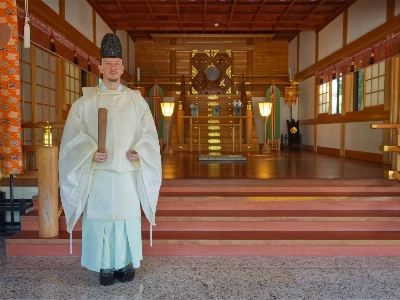In her short story “The Ones Who Walk Away from Omelas,” Ursula K. Le Guin imagined a utopian city whose affluence depends on the perpetual suffering of a single child. When confronted with this grim reality, most of the city’s inhabitants choose to accept its “terrible justice” and go on with their lives — but as the title of the tale suggests, some choose a higher path.
Writer and director Sayaka Kai’s cerebral sci-fi drama “Adabana” (“Barren Flower”) is premised on an even more monstrous trade-off. It’s set in a world where a mysterious virus has dramatically reduced fertility rates, putting longevity at a premium. A privileged elite has begun to extend their lives by keeping a clone in reserve, to supply the necessary replacement parts when their own bodies start to give out. (Anyone who’s read Kazuo Ishiguro’s “Never Let Me Go” may experience a twinge of recognition.)
In order to conceal the implications of what this actually involves — sacrificing one life in order to prolong another — the clone is referred to simply as a “unit.” It’s the kind of equivocation that civilized societies do so well.



















With your current subscription plan you can comment on stories. However, before writing your first comment, please create a display name in the Profile section of your subscriber account page.